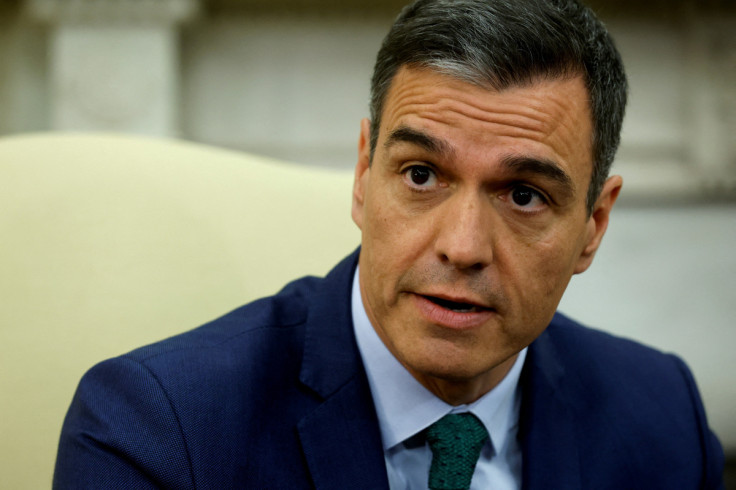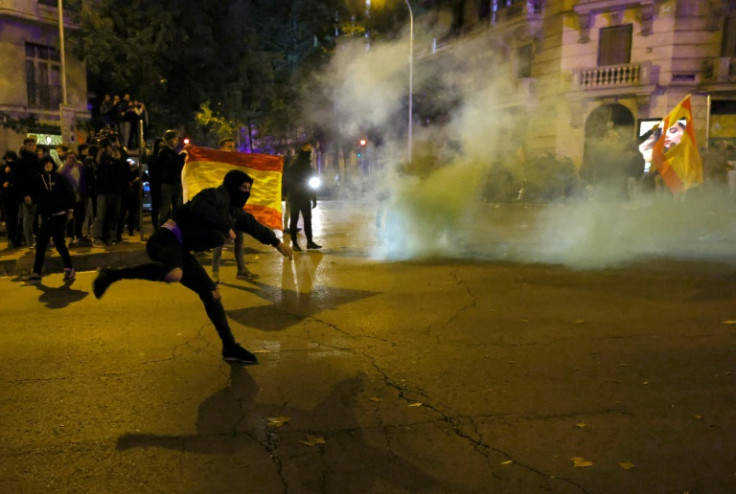
Spain's Prime Minister Pedro Sánchez has won a second term, securing an absolute majority with the support of 179 out of 350 members of parliament. The victory, however, has been mired in controversy as it hinges on an agreement to grant amnesty to individuals involved in the failed Catalan push for regional independence six years ago. This move has sparked fierce criticism from political opponents, mostly from the right wing, and ignited protests across the country.
After an inconclusive snap election in July, where Sánchez's Socialist party narrowly lost to the People's Party (Partido Popular, or PP), the Prime Minister's coalition secured support from smaller regional parties, including Catalan and Basque nationalists after the PP failed to form a coalition that would grant it a majority.
The decision to offer amnesty has triggered accusations of hypocrisy and a betrayal of national interests from the PP and far-right Vox. Large demonstrations and violent clashes outside the Socialist party's headquarters that took place this week underline the deeply divisive nature of the issue. The PP has called on the EU to intervene, and Vox has labeled Sánchez's actions a "coup d'état in capital letters."
Sánchez defends the amnesty as a means to turn the page on the past, emphasizing that it is not an attack on the Spanish constitution but a demonstration of its strength.
The draft amnesty bill, covering the period from January 2012 to November 2023, aims to grant clemency to 309 individuals facing criminal lawsuits and 73 police officers facing criminal action for their conduct during the failed independence bid.

Among them is Carles Puigdemont, leader of Catalan nationalist party Junts and regional president who masterminded the 2017 unilateral bid to secede from Spain and fled to Belgium to avoid arrest in its aftermath. The amnesty will allow him to return to Spain, while some of his former colleagues will be able to run for office again.
However, political opponents argue that Sánchez's yield to the independence movement raises democratic concerns and could lead to further division in Spain. PP leader Alberto Nulez Feijoo has accused Sánchez of lacking moral limits and a pathological ambition that undermines the country's unity.
Following the vote, Vox called for the PP's cooperation in opposing what they deem Sánchez's "coup," describing the PSOE leader as a "despot." Even within Sánchez's coalition, warnings were sounded. Junts, one of the Catalan pro-independence parties, cautioned the Prime Minister, advising him not to tempt fate and making their support conditional on progress and compliance with agreements.
© 2025 Latin Times. All rights reserved. Do not reproduce without permission.




